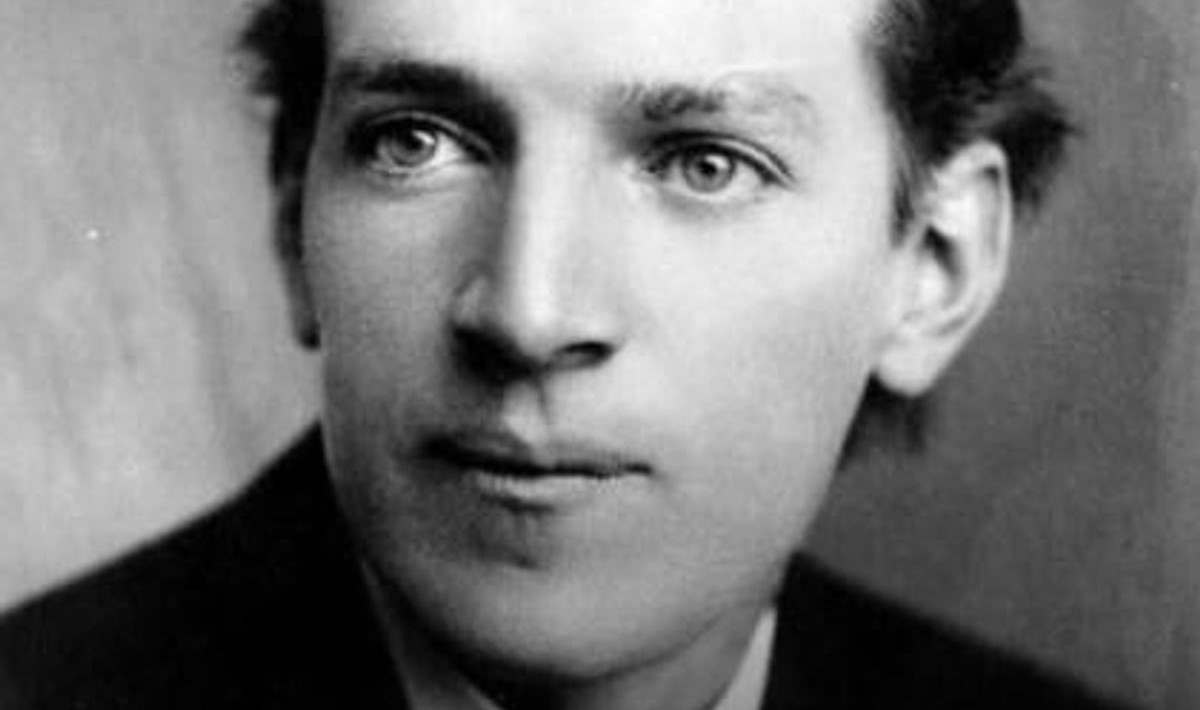America owes the improvement in its meat industry to his novel: Who is Upton Sinclair?
His father, who worked as a sales representative, was an alcoholic and spent all the money he earned on alcohol. Sinclair started his writing career at a very young age with the jokes he sold for a dollar each at the school he attended. He financed his university education with the money he earned from the youth stories he wrote.

He was born in Baltimore in 1878. His father, who worked as a sales representative, was an alcoholic and spent all the money he earned on alcohol. Sinclair started his writing career at a very young age with the jokes he sold for a dollar each at the school he attended.
He financed his literature education at Columbia University, which he attended between 1897 and 1900, with the money he earned from the youth stories he wrote.
In 1904, the Civil War novel Manassas was published. In the same year, Upton Sinclair began working as a slaughterhouse worker in preparation for his novel The Jungle. Chicago Slaughterhouses, which emerged as a result of two years of work, tells the story of a Lithuanian immigrant who came to America with high hopes and had to work in Chicago slaughterhouses under inhumane conditions. He achieved great success with this novel.
Upton Beall Sinclair Jr. (September 20, 1878 – November 25, 1968) was an American writer, muckraker, political activist and the 1934 Democratic Party nominee for governor of California. He wrote nearly 100 books and other works in several genres. Sinclair's work was well known and popular in the first half of the 20th century, and he won the Pulitzer Prize for Fiction in 1943.
His novels were largely about the social and economic conditions of the early twentieth century and the struggles of the poor and the oppressed. In addition to the many novels he wrote, he also took part in various film projects with Sergei Eisenstein and Charlie Chaplin.
Who is Upton Sinclair?
Upton Sinclair (September 20, 1878 – November 25, 1968) was a Pulitzer Prize-winning American author. He became famous for the works he wrote in the early 20th century and wrote many books. In particular, his work The Jungle, written in 1906, had a great impact and drew public attention to the unhealthy working conditions in slaughterhouses. Immediately after the publication of the work, improvement efforts began in the meat industry in the USA, and legal regulations were made on the subject.
The social and economic characteristics of the period have an important place in Sinclair's works. In his works, he deals with the devastating effects of what he sees as the injustices of capitalism, mainly during the Great Depression.
The Novel “Jimmie Higgins” and the Struggle of the Working Class in America
"Jimmie Higgins" (1919) is a novel by Upton Sinclair that tells the story of a labor activist in the socialist movement. The novel takes place during World War I. These years were a period when attempts were made to suppress the rising socialism and class struggle in America. During this period, known as the "Red Scare", socialists were opposing war and militarism.
The book centers on the life and political struggle of the main character, Jimmie Higgins. While Jimmie works as an ordinary worker in a small town, he stands out with his socialist ideas and desire to fight for justice. The novel describes Jimmie's joining the American Socialist Party, the various struggles within the party, and the process of developing class consciousness.
Sinclair emphasizes the ideals and struggle of socialism through the character of Jimmie Higgins. The novel reveals the exploitation of the working class, violations of workers' rights, and the importance of class struggle. It also touches upon the anti-war social movement during World War I and describes how the war affected the working class.
